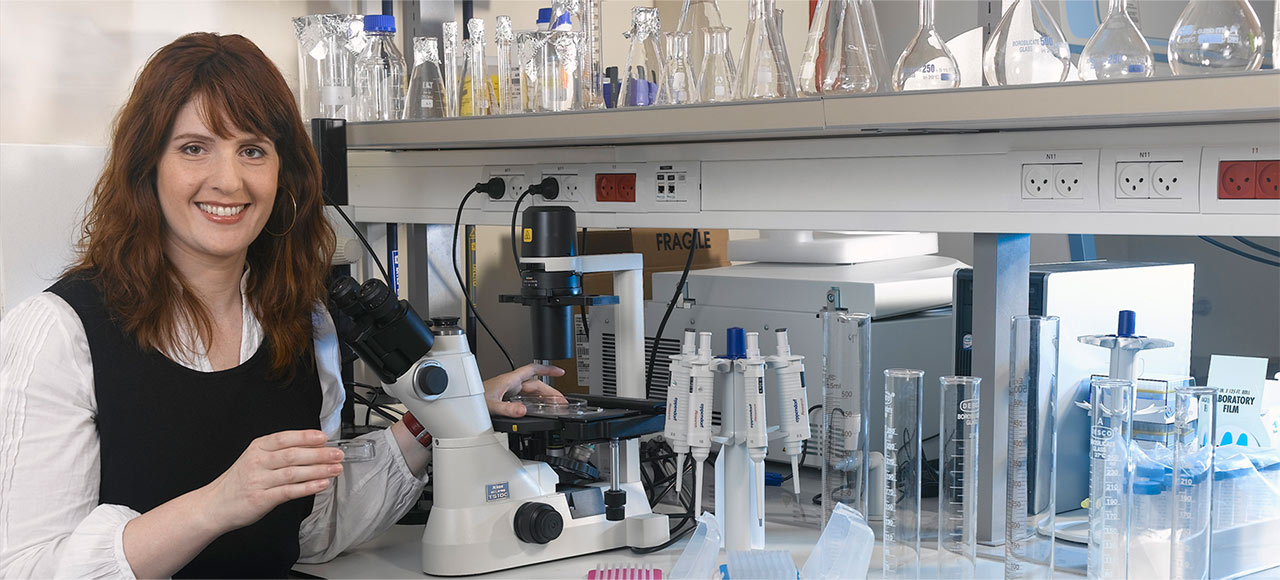NANOTECHNOLOGY
NANOTECHNOLOGY AT BAR-ILAN UNIVERSITY
Harnessing the power of small
HELPING SET THE STANDARD
GLOBAL NANO RESEARCH
Bar-Ilan University is one of Israel’s most dynamic nanotechnology research centers. The University’s Institute for Nanotechnology and Advanced Materials (BINA) is home to top innovators who publish hundreds of paper a year, collaborate with multi-national corporations and help set the global nano-research agenda. BIU’s nano experts are making important advances in energy production, environmental protection and spintronics.
BINA is home to top innovators who publish and collaborate on a multi-national scale with corporations that help set the global nano-research design. Nanotechnology’s impact involves innovations related to healthcare, energy, security and computer technology enhancing lives and livelihoods on every level.
Collaborating with the world’s most respected research centers – as well as multidisciplinary corporations such as Merck, General Motors, Phillips, Siemens and IBM – Bar-Ilan is leading the change towards a future in which the potential of nanotechnology makes life better for all of us.
BAR-ILAN
AND THE FUTURE OF
NANOTECHNOLOGY
Established in 2007 and housed in the Leslie and Susan Gonda (Goldschmied) Nanotechnology Triplex, BINA boasts 40 cutting-edge laboratories as well as state-of-the-art “Scientific Service” facilities for electron microscopy, nano fabrication, surface analysis, fluorescence, and magnetic measurement, all of which are available for use by the wider scientific community.
BINA offers a comprehensive set of educational frameworks, including PhD and MA studies, and a selective program for BIU undergraduates majoring in the sciences. BINA graduates have gone on to postdoctoral positions in prestigious academic institutions, and hold key positions in Israel’s science-based industries.
Bar-Ilan
is pushing the frontier
of nantotechnology
and capturing
its awesome power
BINA’S AREAS OF RESEARCH
Nano Materials
BINA is a world leader in materials science research. Ranked third in the world in terms of scientific citations in this area, and site of a Marie Curie Training Site for Fabrication of Nanoscale Materials, Bar-Ilan scientists are expanding our understanding and control of molecular and atomic self-assembly. BIU materials research is currently focusing on everything from electrical vehicle batteries, to energy-saving digital lighting displays, to medical nanoparticles for the targeted eradication of the herpes simplex virus, staph infections and cancer. This can impact discoveries in a wide range of areas including energy, medicine, magnetism, photonics, and cleantech.
Energy
BINA researchers have played a vital role in the development of renewable energy applications, forging a path toward practical and green solutions for a sustainable future.
Medicine
BINA scientists are uncovering fundamental principles that govern human health and disease, while creating the path-breaking medical technologies that will save lives, from specially-designed nanoparticles for diagnostics and targeted drug delivery, to innovative approaches to neurodegenerative disease, viral infection and cancer.
Magnetism
From fundamental studies of the magnetic properties of materials, to the fabrication of new materials, researchers in the BINA Nano-Magnetism Center are making dramatic contributions that will lead to novel devices for communication, medicine and industry.
Photonics
Research in BINA’s Nano-Photonics Center encompasses two main areas: imaging and vision, and optic information transport. BIU researchers are helping to advance our understanding and control of the quantum behavior of light.
Cleantech
Members of BINA’s Nano-Cleantech Center are advancing and developing the materials and methodologies that will lead to a sustainable, environmentally-friendly society.

Professor Rachela Popovtzer is a Senior Lecturer in the Faculty of Engineering and a member of the Nano-Medicine Center at the Bar-Ilan Institute of Nanotechnology and Advanced Materials (BINA). She came to Bar-Ilan University from the University of Michigan, as part of the 2007 cohort of returning scientists, a special program within Bar-Ilan University to recruit young Israeli scientists to return to work in Israel, which is supported by a Returning Scientist grant from the Crown Family of Chicago.
Professor Popovtzer is a bio-engineer who applies engineering principles to address challenges in biology and medicine. Methods developed in Popovtzer’s lab allow doctors to detect cancer earlier, determine how far the disease has advanced, and find small tumors with greater accuracy.
One of Popovtzer’s key innovations is an “intelligent” bio-sensor that integrates living organisms – genetically-engineered bacteria – into an electronic device used for identifying toxins. The bio-sensor effectively screens for thousands of chemicals at once, and can detect the presence of a toxin within sixty seconds.


